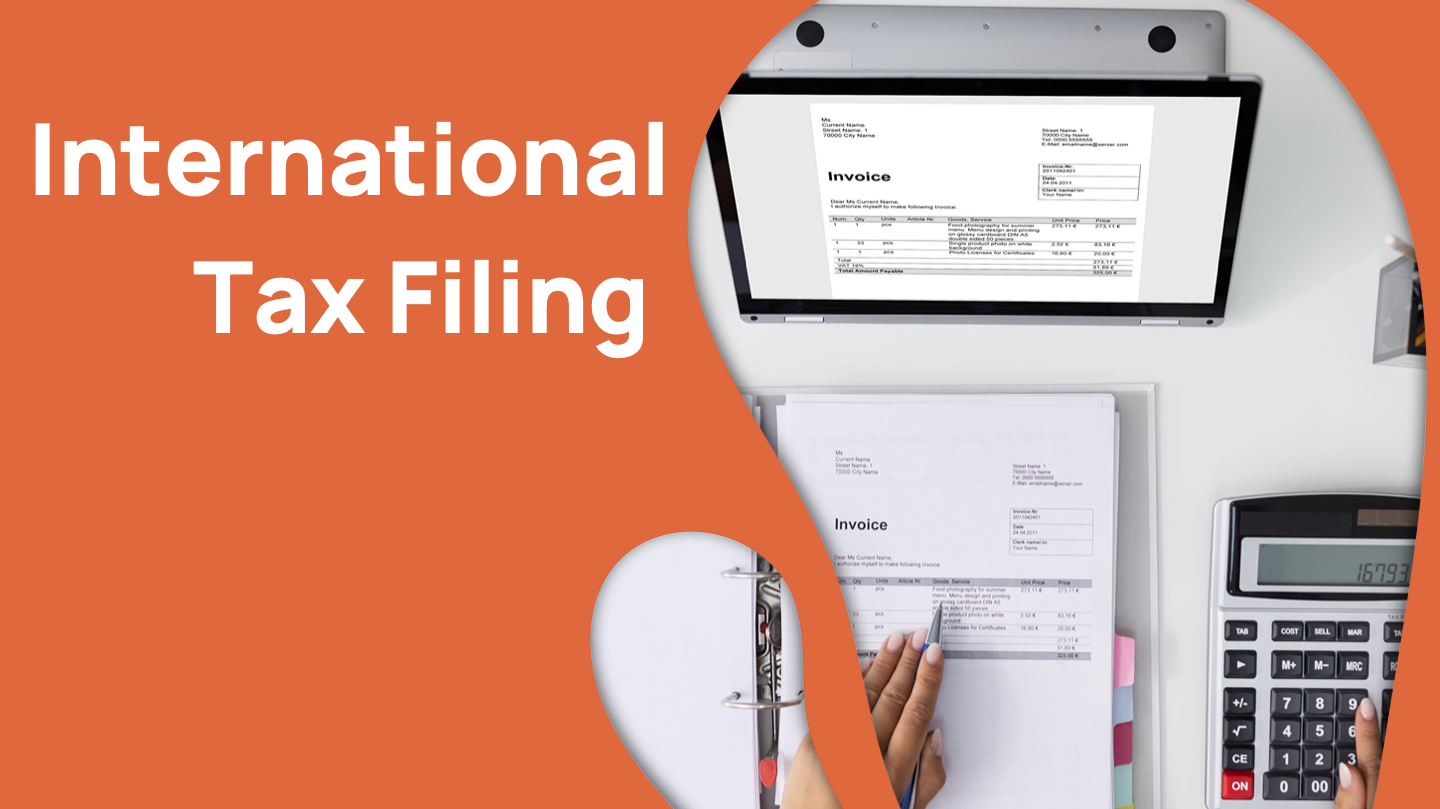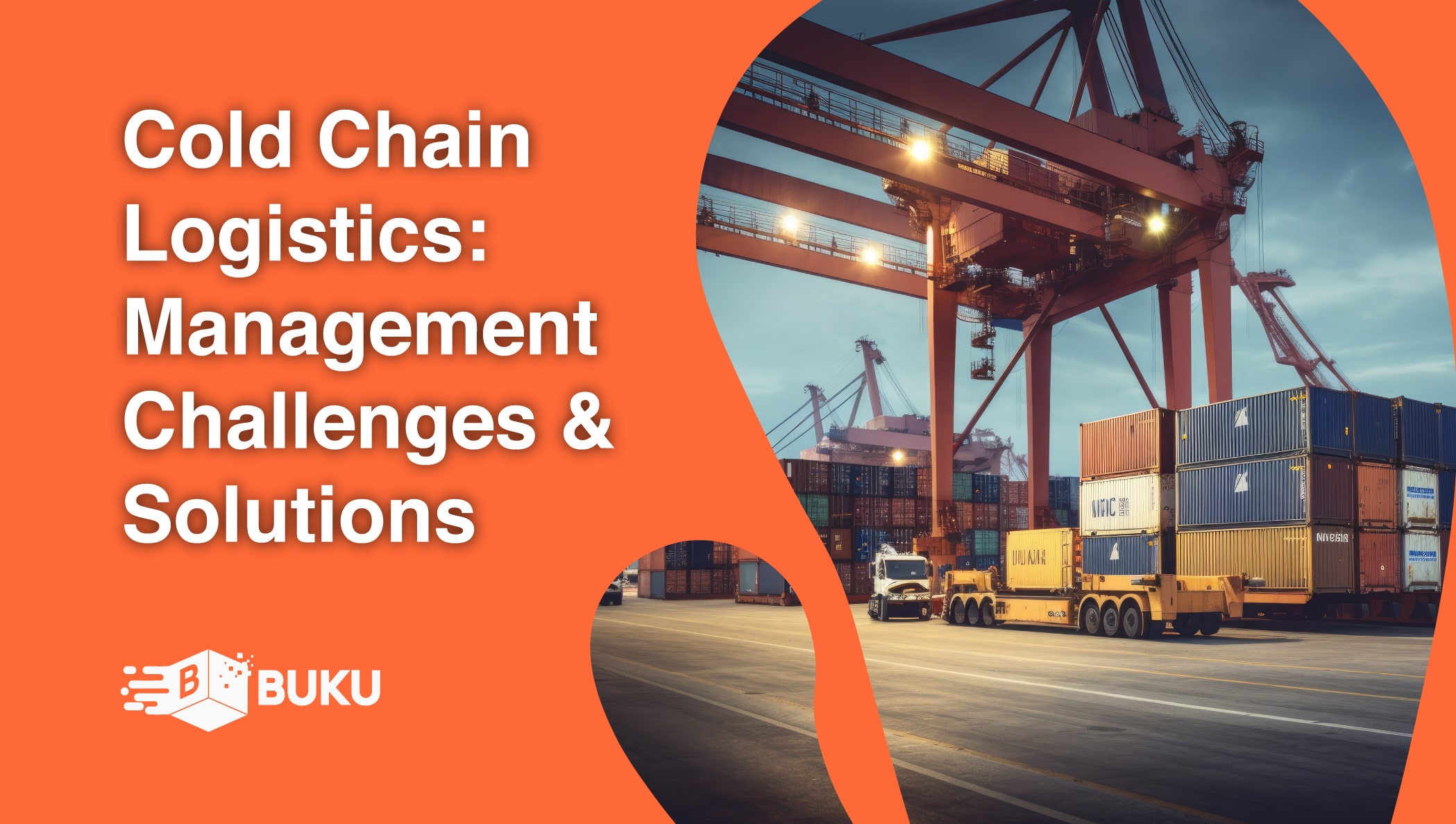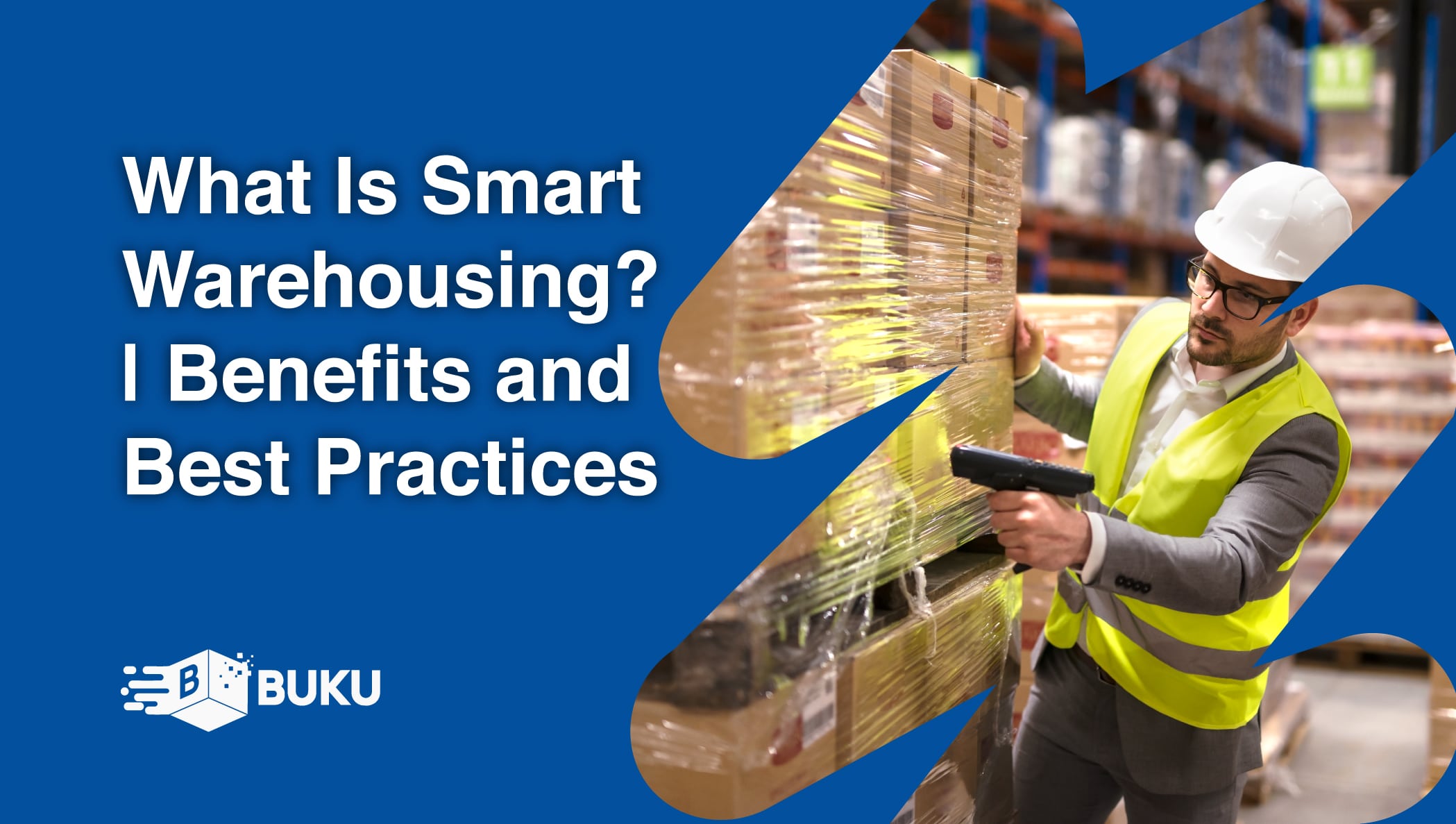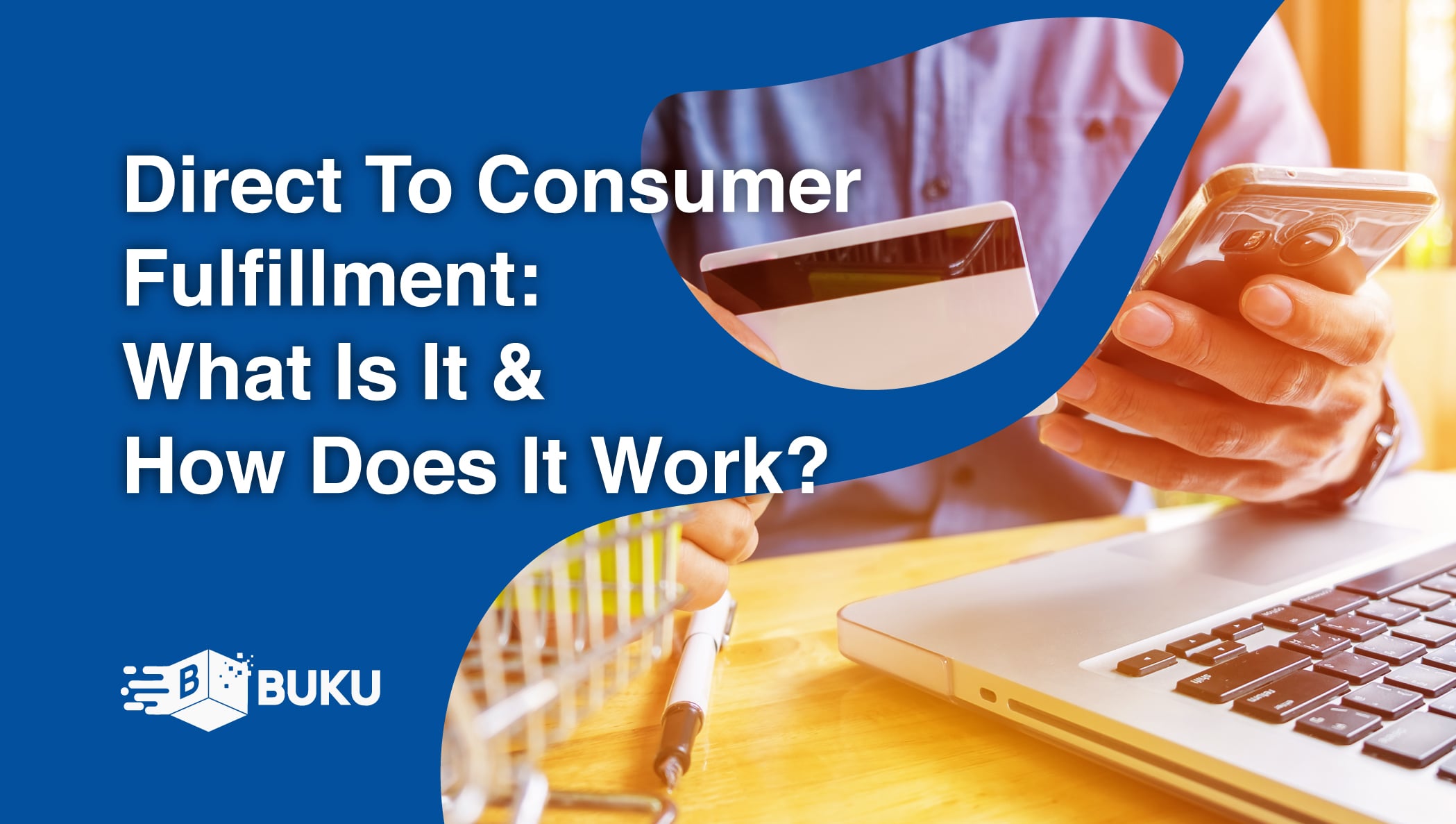Cold Chain Logistics: Management Challenges & Solutions
The supply chain is a term used to describe all the components required to transport goods from beginning to end, from production to the end...

When it comes to shipping internationally there are duties and tax laws that must be followed and paid. In recent years tax laws have gotten stricter and eCommerce brands not in compliance can face legal repercussions.

Each country has its tax and compliance laws. The EU is comprised of 27 countries meaning 27 various laws to learn about and implement. The market and demand for eCommerce business is high overseas as the world continues to be more connected different communities seek related products. To ship to the EU, you need to file IOSS to comply with VAT obligations.
Many brands that ship internationally struggle with compliance. And those that have not started, may feel overwhelmed by the idea. In this article, I will break down what VAT and IOSS are and why they’re important. As well as how you would go about becoming compliant in the EU. Which you can do on your own or through a partner like BUKU.
VAT
What is it?
“The Value Added Tax, or VAT, in the European Union is a general, broadly based consumption tax assessed on the value added to goods and services. It applies more or less to all goods and services that are bought and sold for use or consumption in the European Union. Thus, goods which are sold for export or services which are sold to customers abroad are normally not subject to VAT. Conversely imports are taxed to keep the system fair for EU producers so that they can compete on equal terms on the European market with suppliers situated outside the Union.” (European Commission) In simple terms VAT is a tax rate that all eCommerce brands need to pay in order to import products to the EU.
All VAT Rates vary from country to country as well as from product to product. As of January of 2022, this is what the percentages looked like for each country in Europe. “EU law only requires that the standard VAT rate must be at least 15% and the reduced rate at least 5% (only for supplies of goods and services referred to in an exhaustive list).” (European Commission)
What is IOSS?
IOSS or Import One-Stop shop is “the electronic portal businesses can use to comply with their VAT eCommerce obligations on distance sales of imported goods.” By filing IOSS you’ll be able to collect, declare, and pay VAT. That way the buyer doesn’t have to pay the VAT the moment the product is imported to the EU.
IOSS VAT identification numbers are also important to know about. They contain “a total of twelve (12) alphanumeric characters in the following format of IMxxxyyyyyyz where”:
This IOSS number is like an ID that you need to apply for. Receiving this number can be confusing and lengthy process. That’s why we recommend using BUKU who already has its own IOSS number.
How can you file on your own?
The European Commission states to file on your own (for online sellers) you need to:
File through BUKU
If you already sell, or would like to expand into the EU but do not have the capacity to ensure compliance, you should look into filing with BUKU! Let us handle all the intricacies of becoming and staying compliant by filing IOSS for your brand. Many times, brands struggle to keep up with ever changing tax laws. BUKU lets you focus on what you love doing and takes care of the things you don’t - like compliance laws. Whether you’re already filing IOSS and shipping abroad, or not, we can help any brand to EU and international tax compliance. With BUKU you use our IOSS number, we display the tax and duty in your cart at checkout, and then our European subsidiary files the required documents.
Expanding internationally is necessary to compete in today’s market. It gives you the ability to diversify outside of the US as well as gain access to millions of potential customers automatically. Ship internationally with the help of BUKU and we make it a fast and pain free process.
Sources:
Enache, Cristina. “2022 VAT Rates in Europe.” Tax Foundation, 23 May 2022, https://taxfoundation.org/value-added-tax-2022-vat-rates-in-europe/.
“IOSS.” Taxation and Customs Union, https://taxation-customs.ec.europa.eu/ioss_en.
USPS.com Faqs, https://faq.usps.com/s/article/Import-One-Stop-Shop-IOSS#IOSS_VAT_Identification_Number.

The supply chain is a term used to describe all the components required to transport goods from beginning to end, from production to the end...

A smart warehouse is a large building where raw materials and other consumer goods are stored using machines, computers, comprehensive software, and...

Direct-to-consumer (DTC) fulfillment is a strategy that helps brands sell and deliver their products directly to customers more efficiently while...